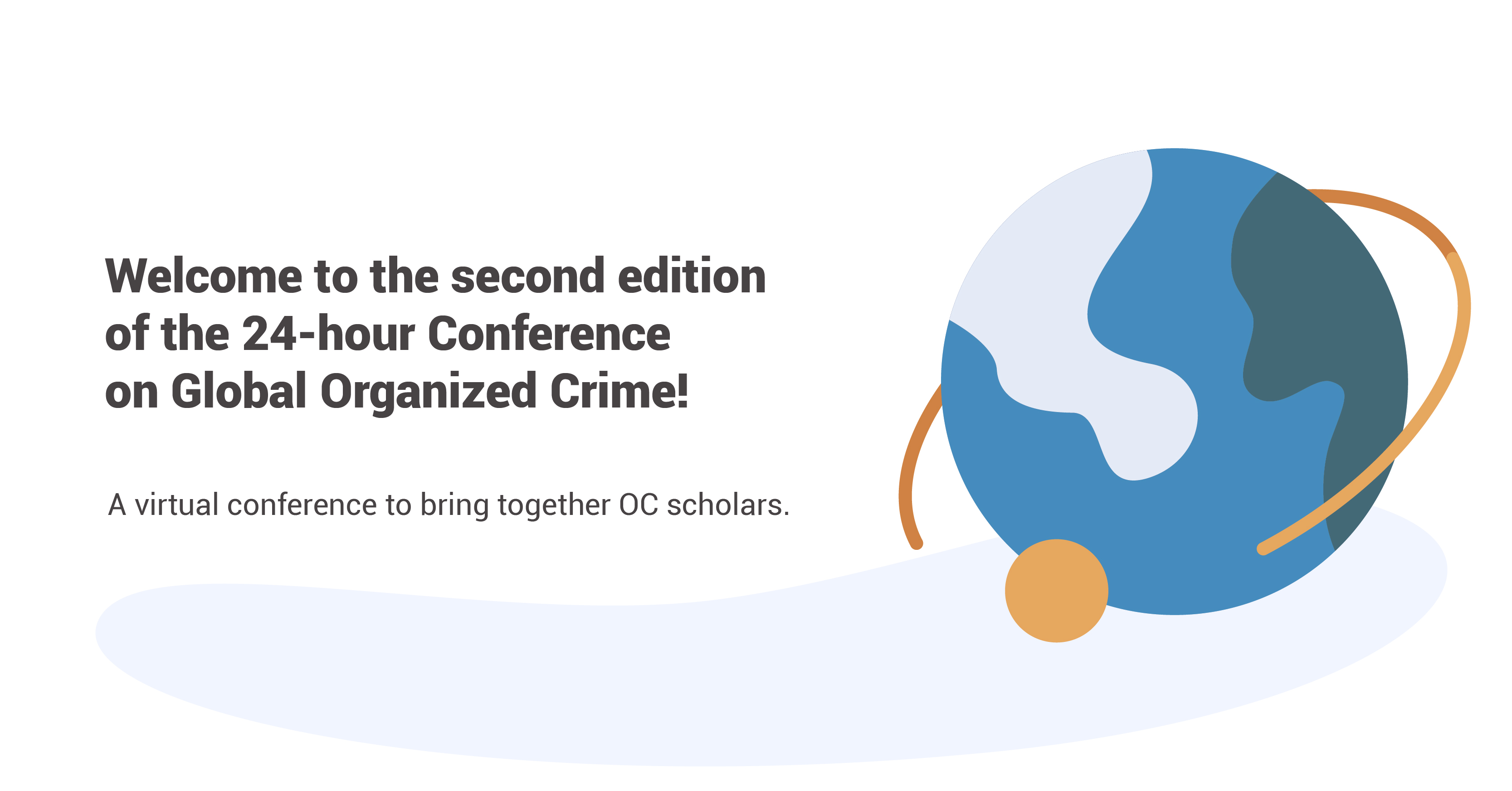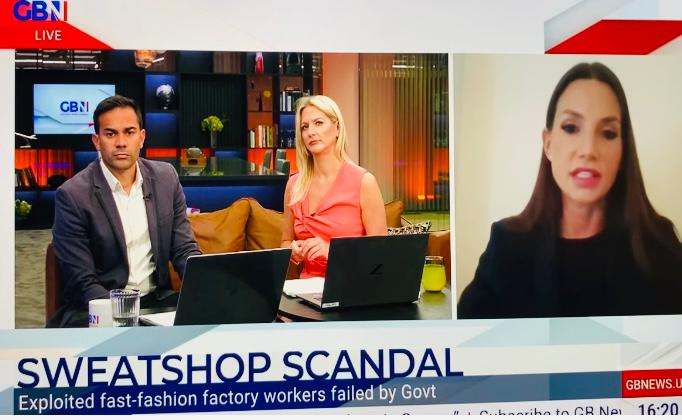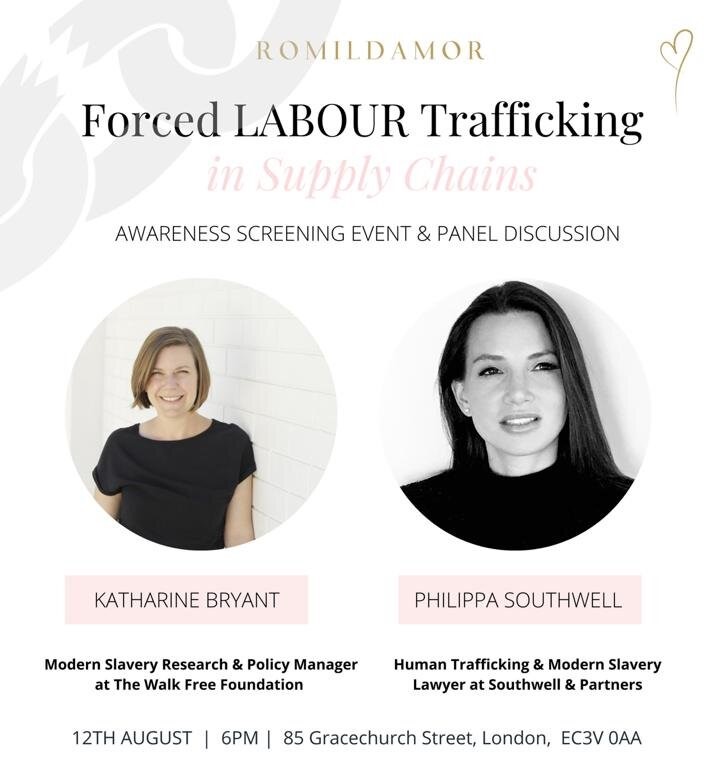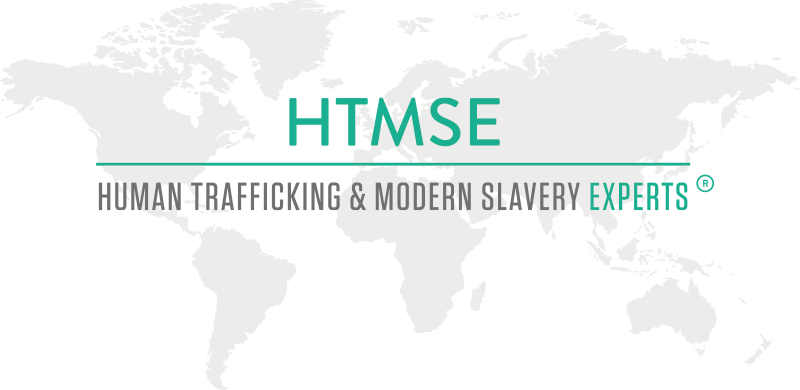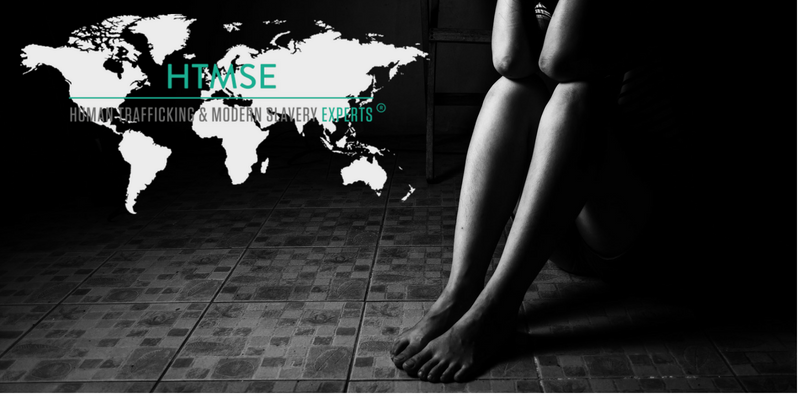Philippa Southwell, founder of HTMSE and leading modern slavery lawyer represented one of the victims, VCL, in the landmark ECHR case, in relation to victims of human trafficking. Philippa represented VCL in both domestic proceedings and in his application to the European Court of Human Rights in Strasbourg.
The ECHR judgement finds failure to adequately protect potential victims of child trafficking. Judgement in the case of V.C.L. AND A.N. v. the United Kingdom (applications nos. 77587/12 and 74603/12) was handed down last week held, unanimously, that there had been:
- a violation of Article 4 (prohibition of forced labour) of the European Convention on Human Rights, and
- a violation of Article 6 § 1 (right to a fair trial).
This case is likely to have wide reaching impact for victims of human trafficking.
As part of VCL’s legal team also instructed were Henry Blaxland QC, Emma Fitzsimons and Stephen Clark of Garden Court Chambers alongside Michelle Brewer, a former tenant who left Chambers to become a First-Tier Tribunal judge in the Immigration and Asylum Chamber. Liberty (National Council for Civil Liberties), GRETA (Group of Experts on Action against Trafficking in Human Beings) responsible for monitoring the implementation of the Council of Europe Convention on Action against Trafficking in Human Beings and Anti-Slavery International intervened in this case.
You can find the full judgement here.
Photo Credit @ Wikimedia Commons
